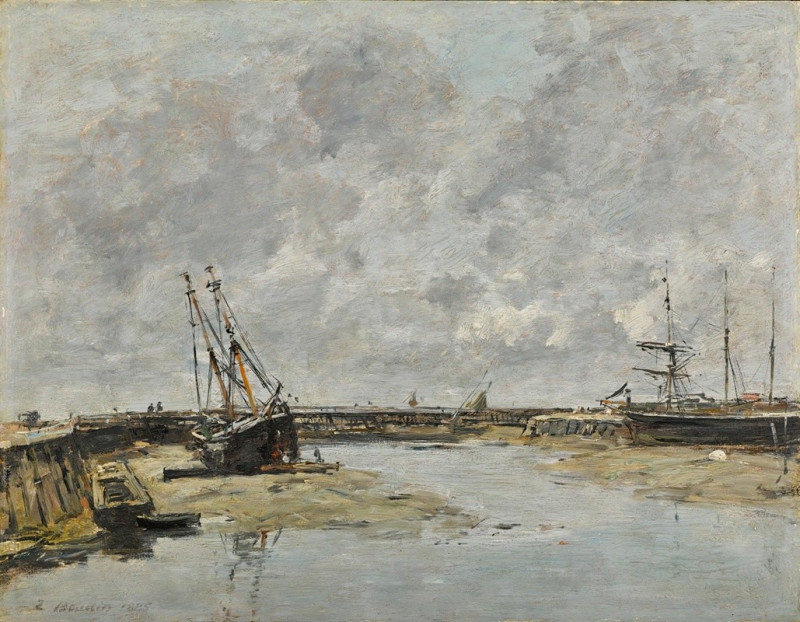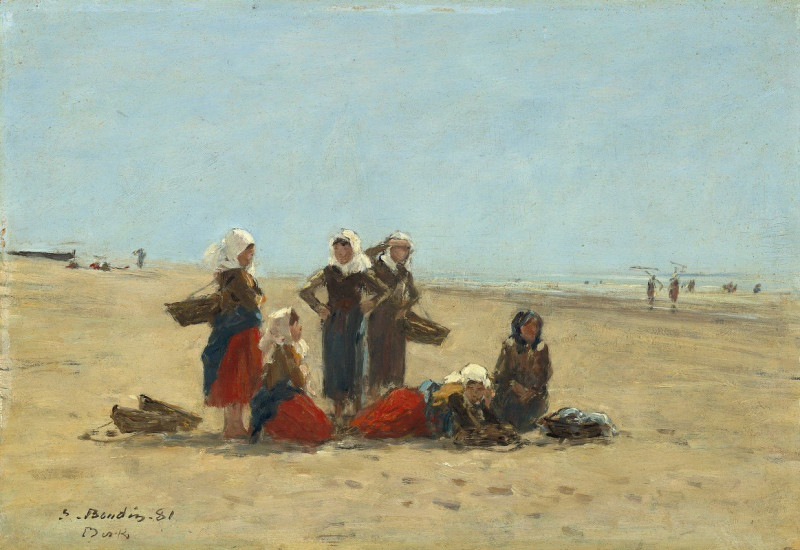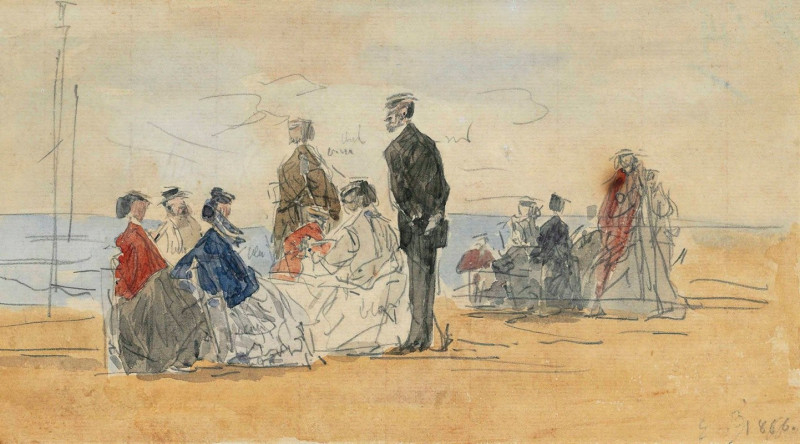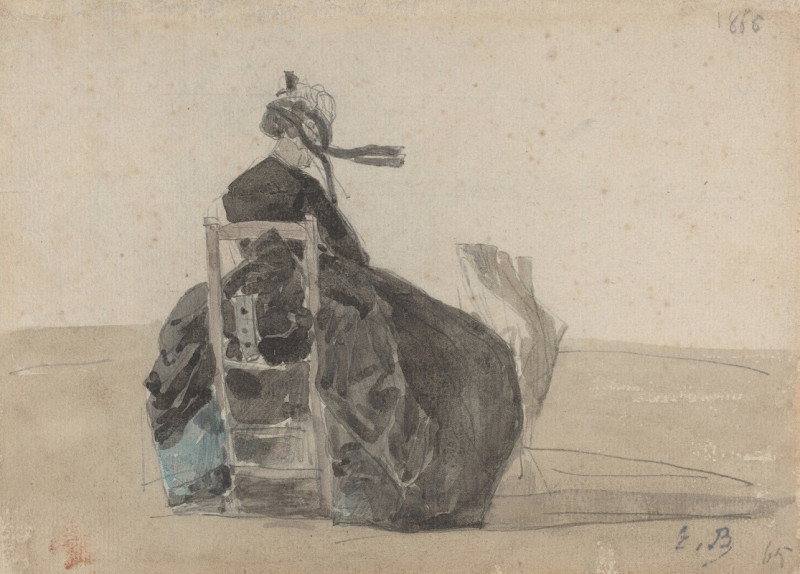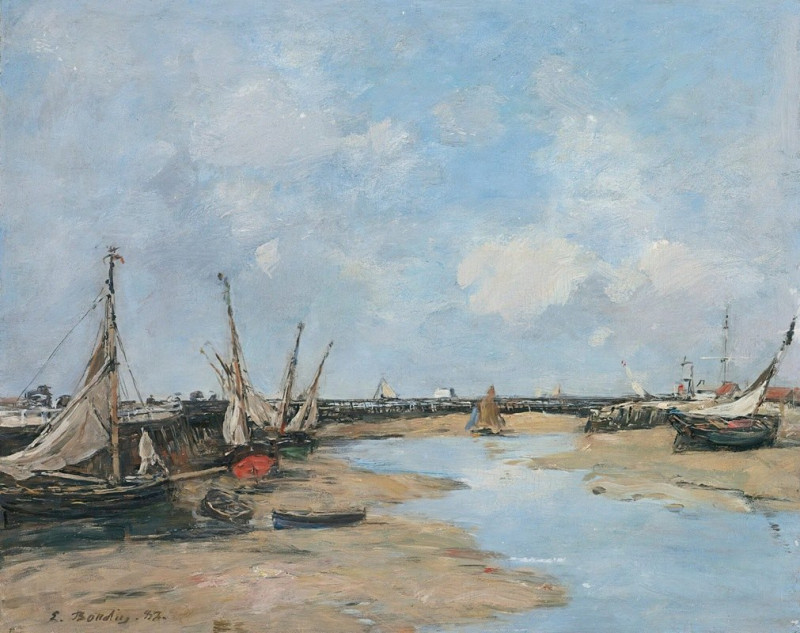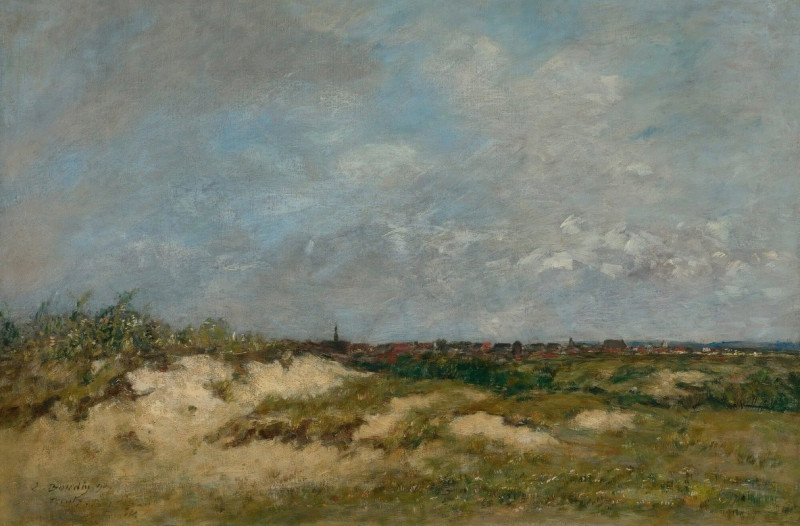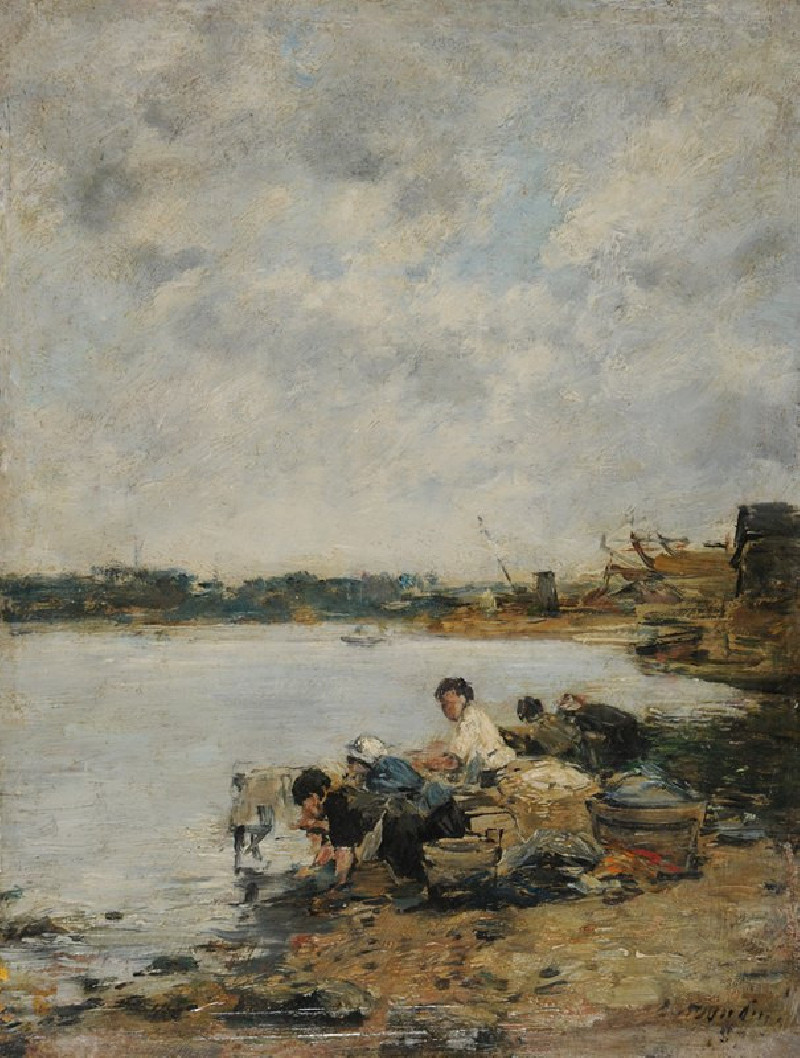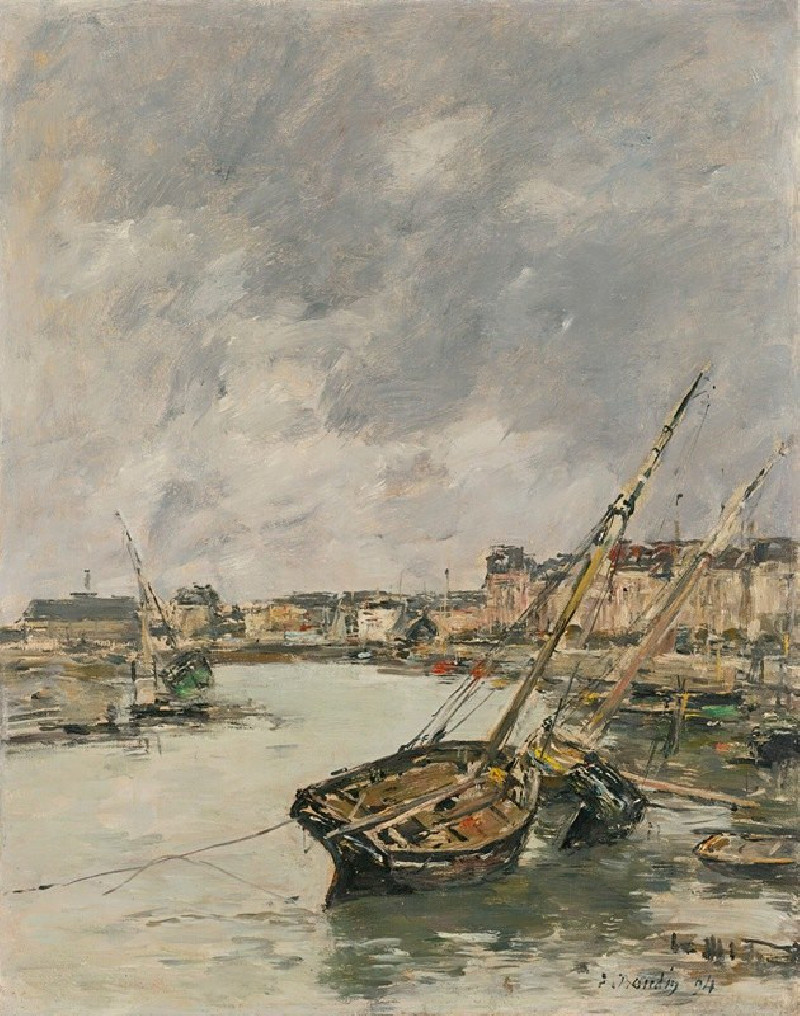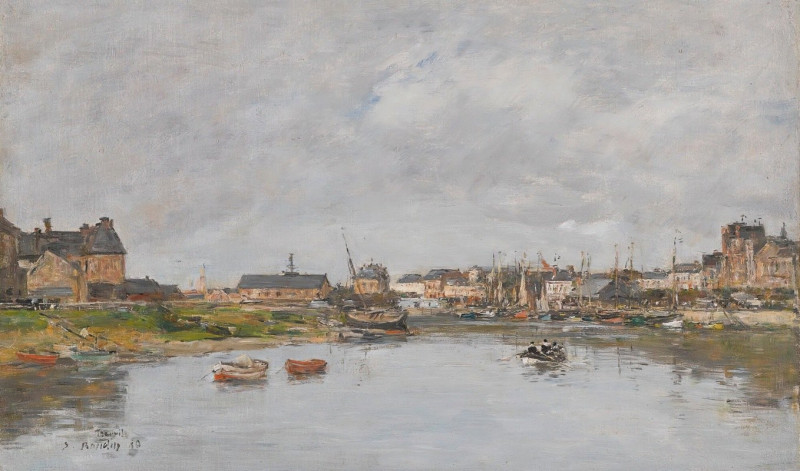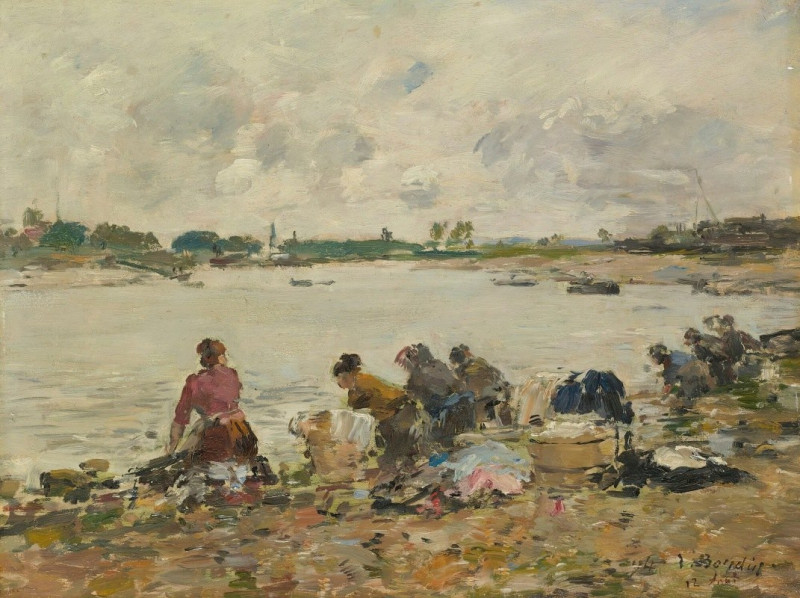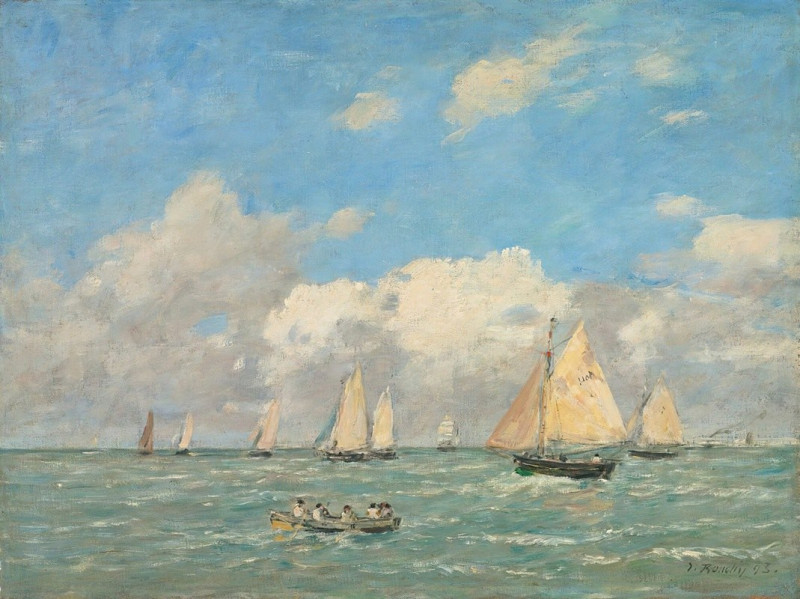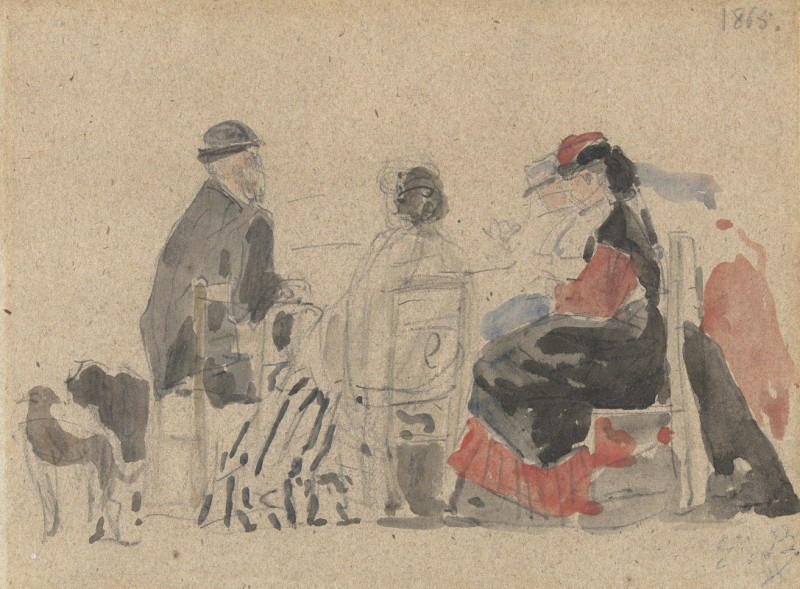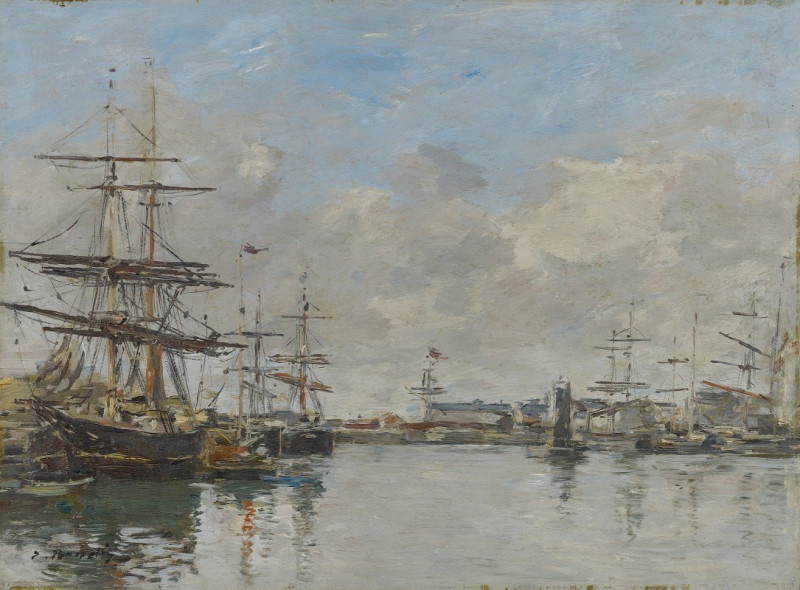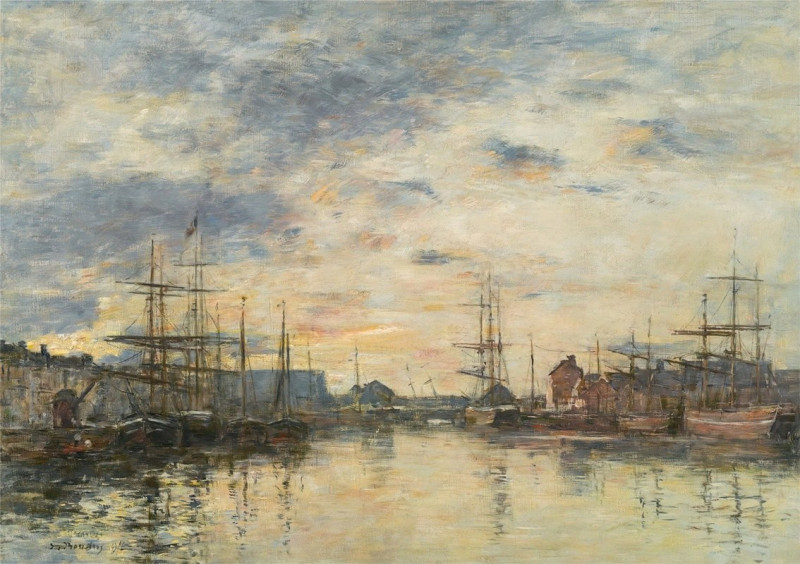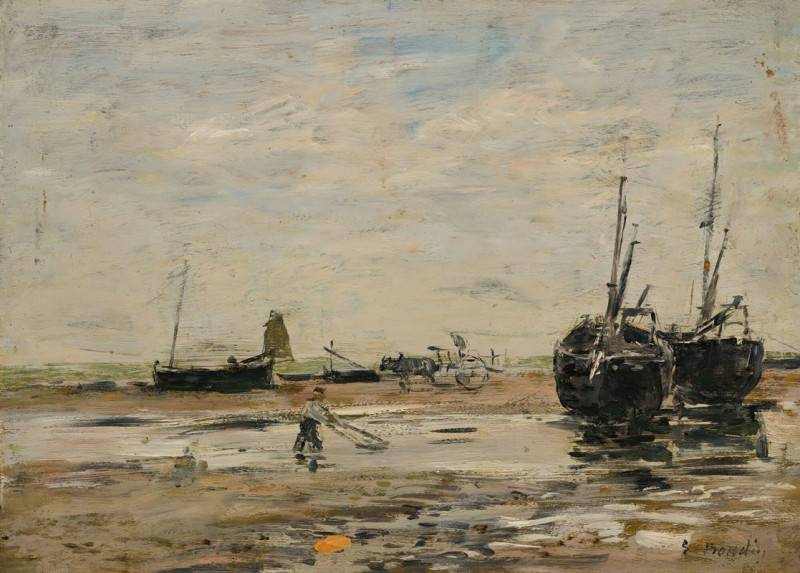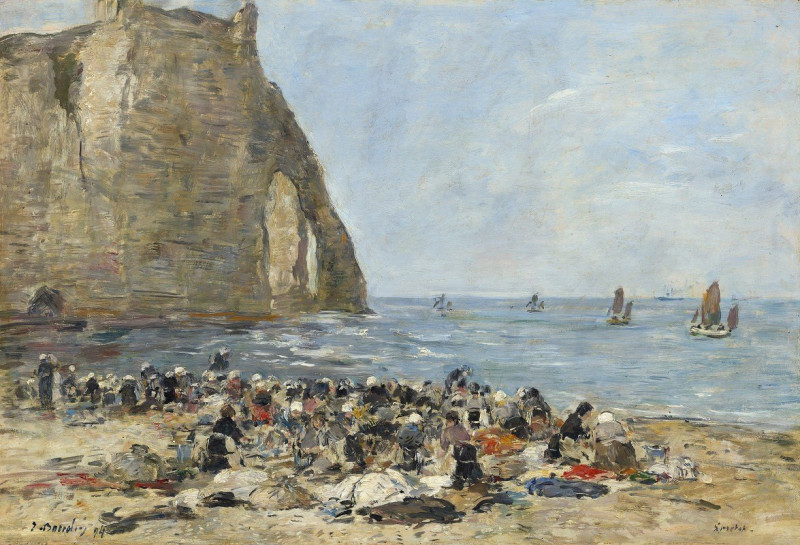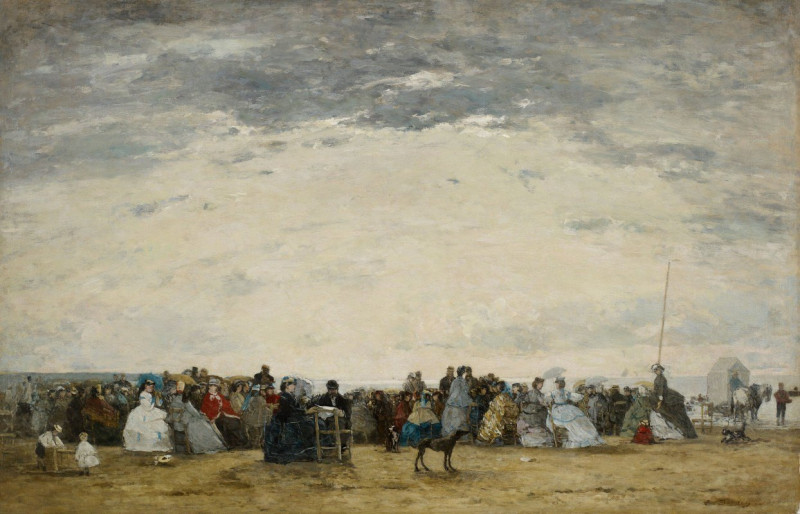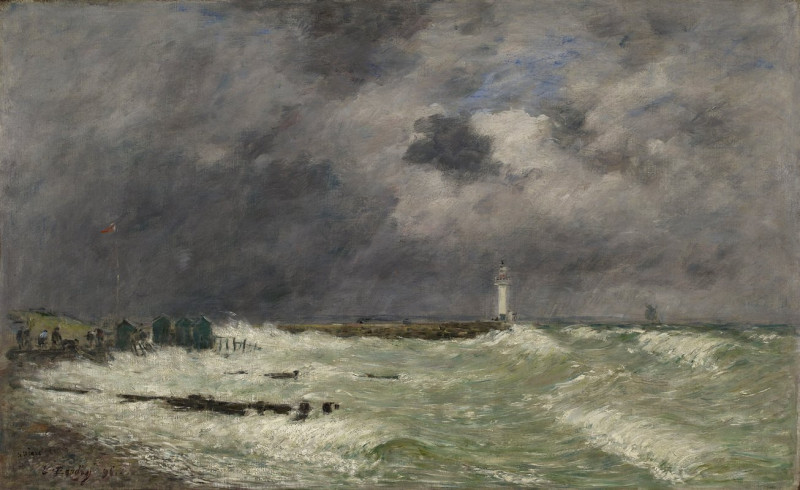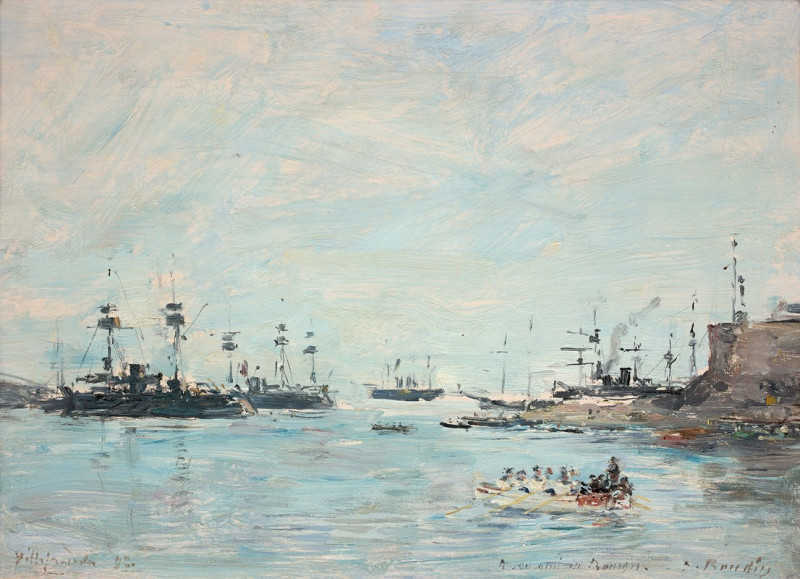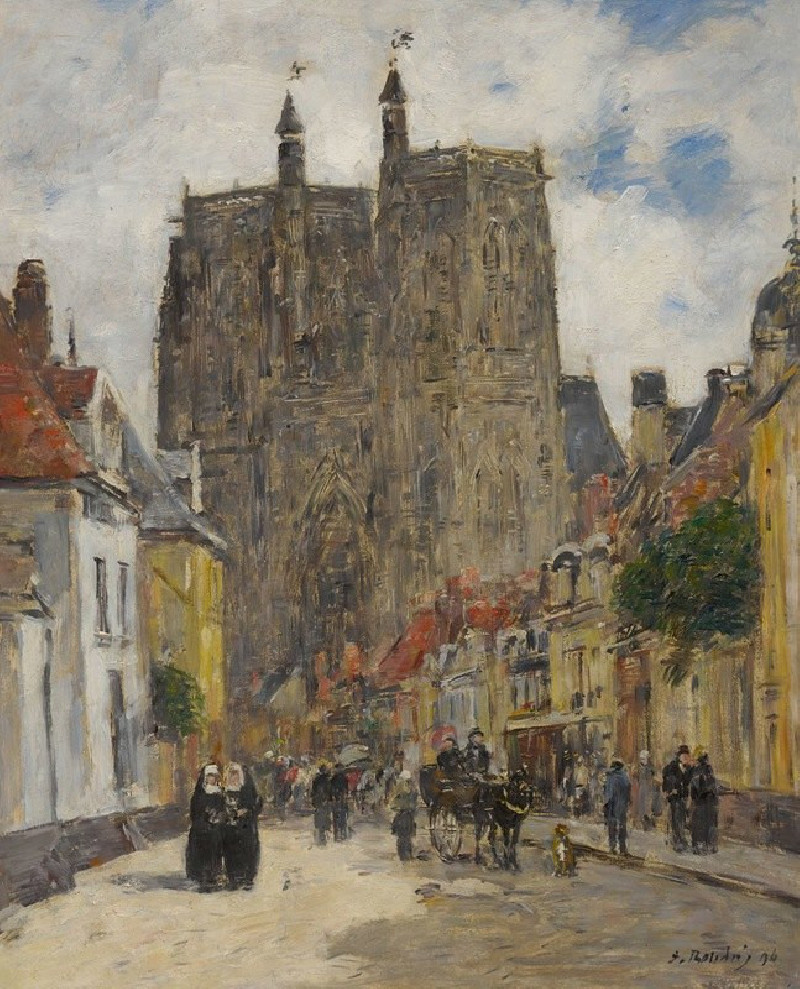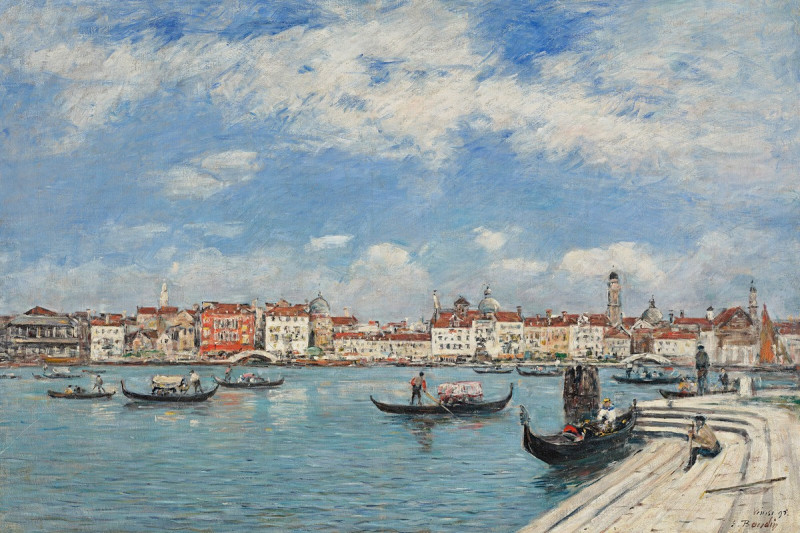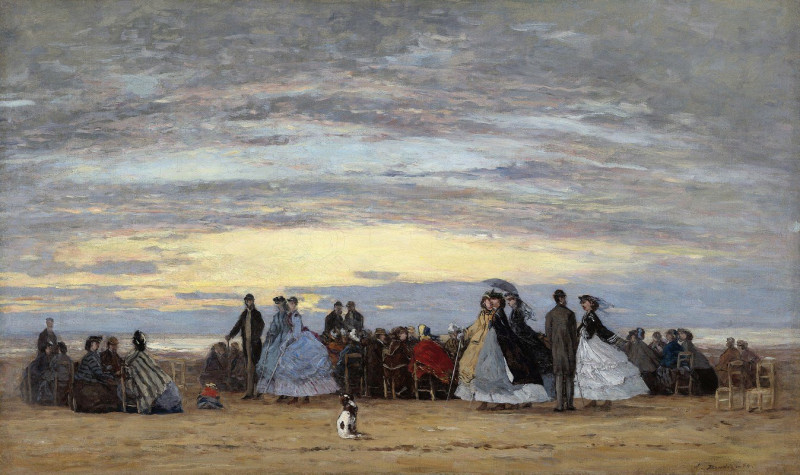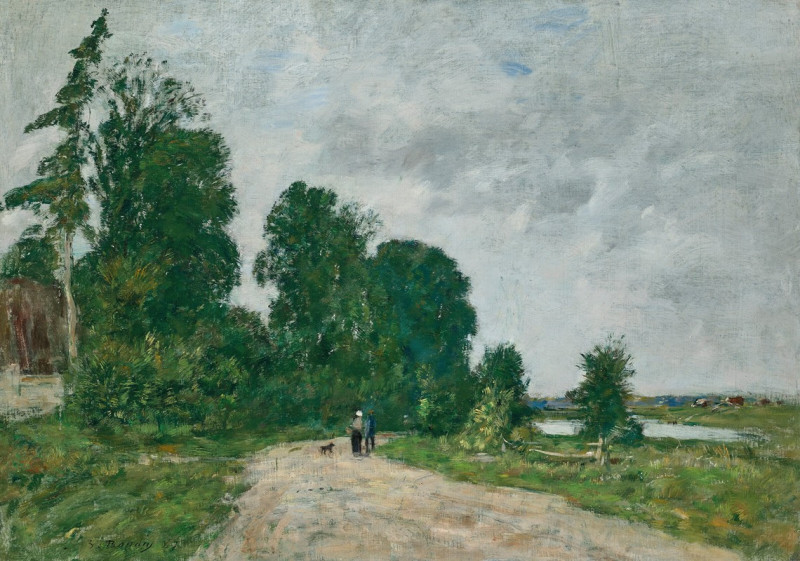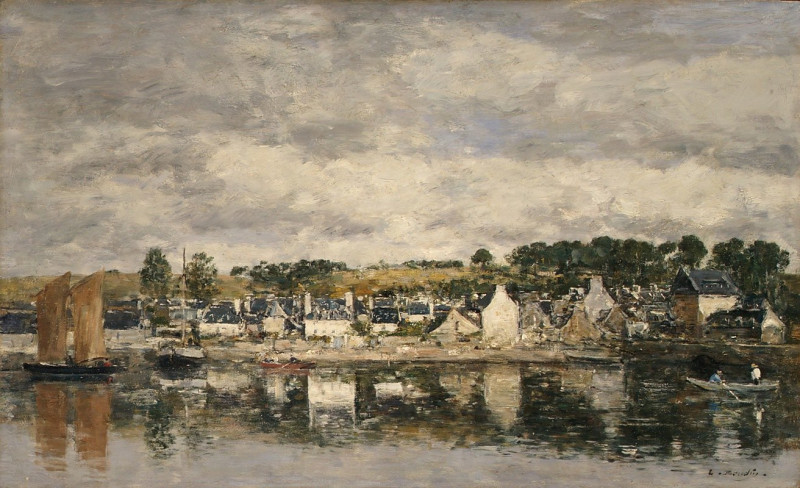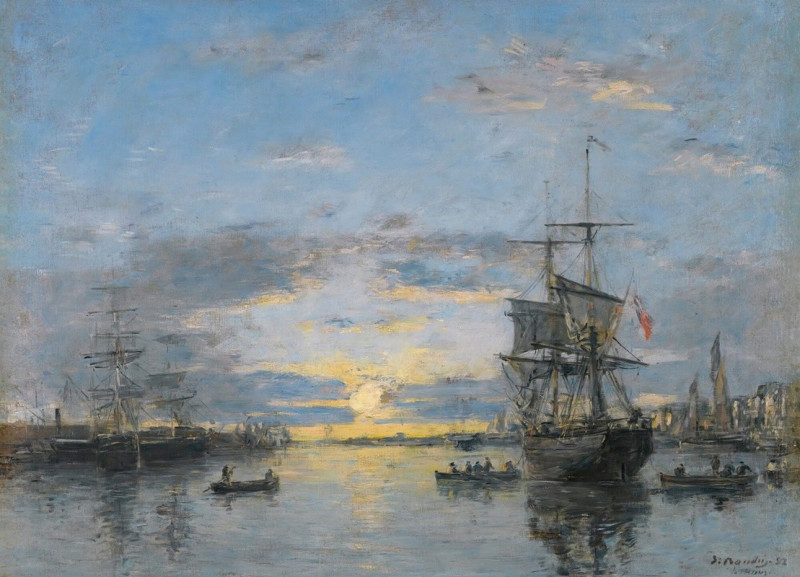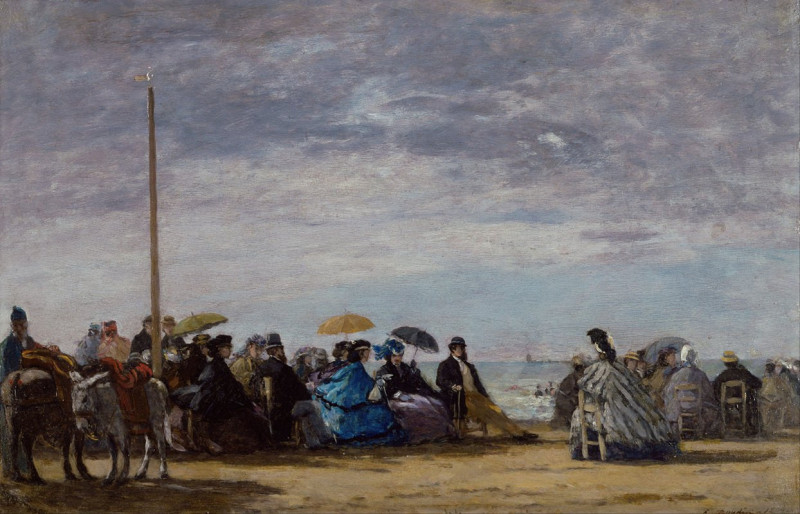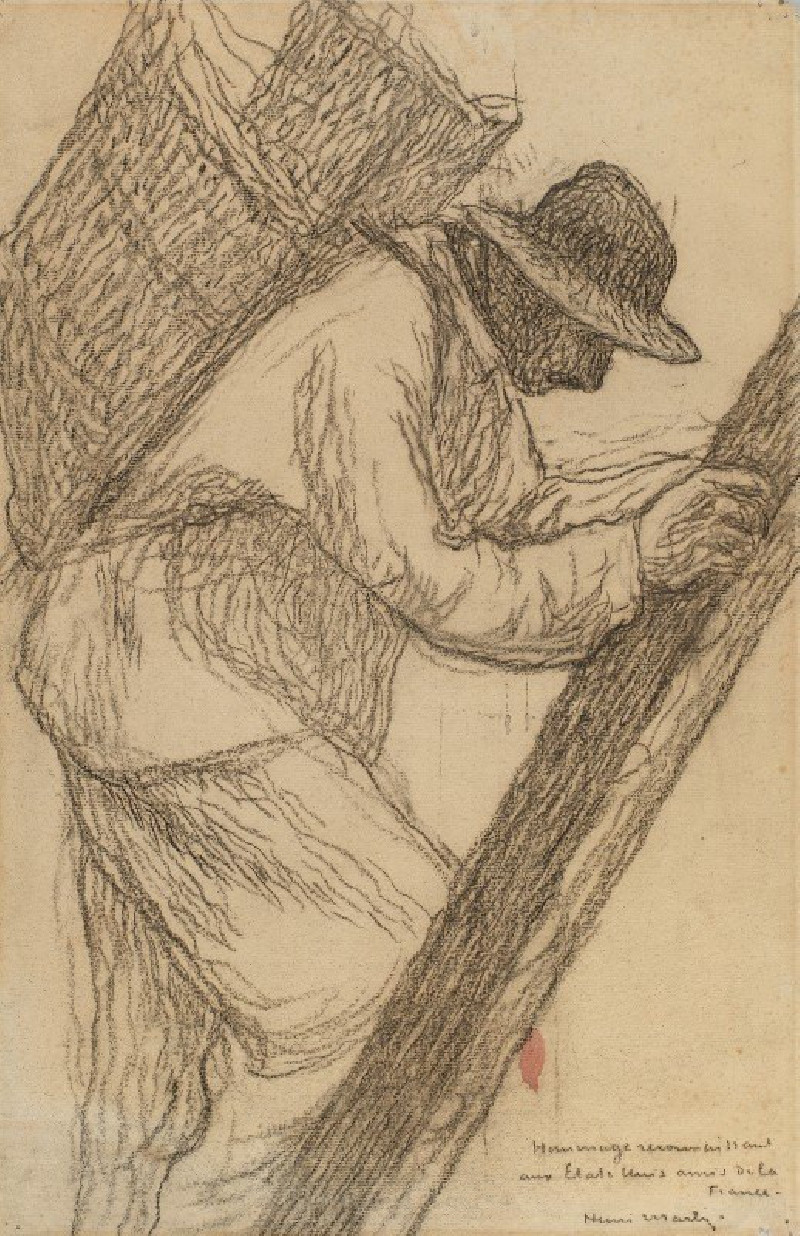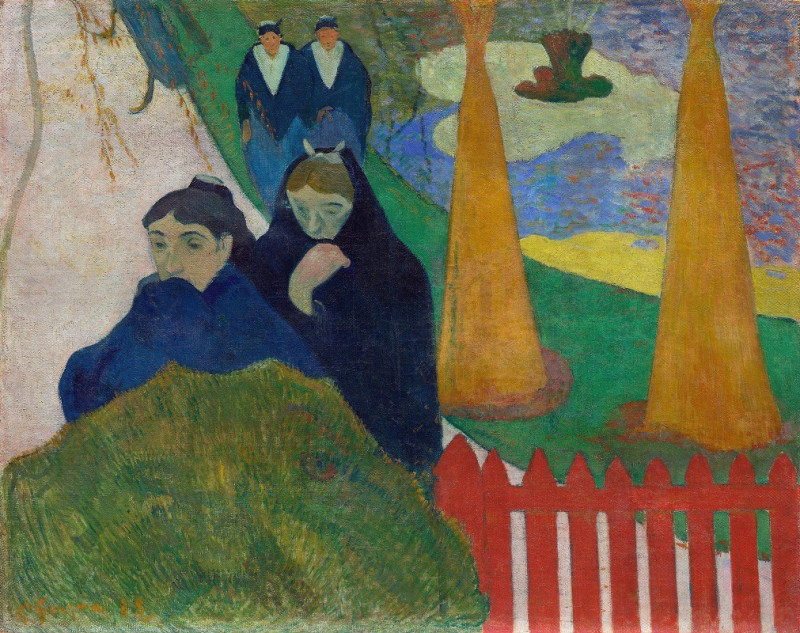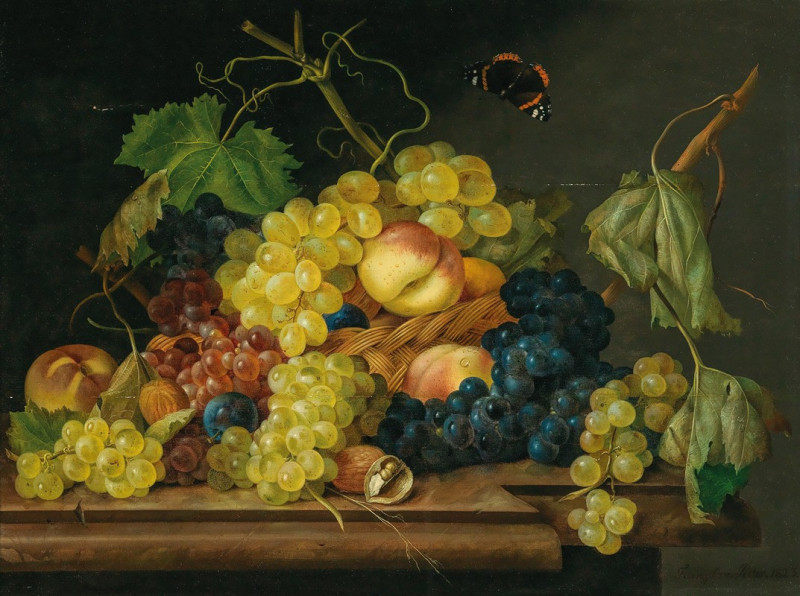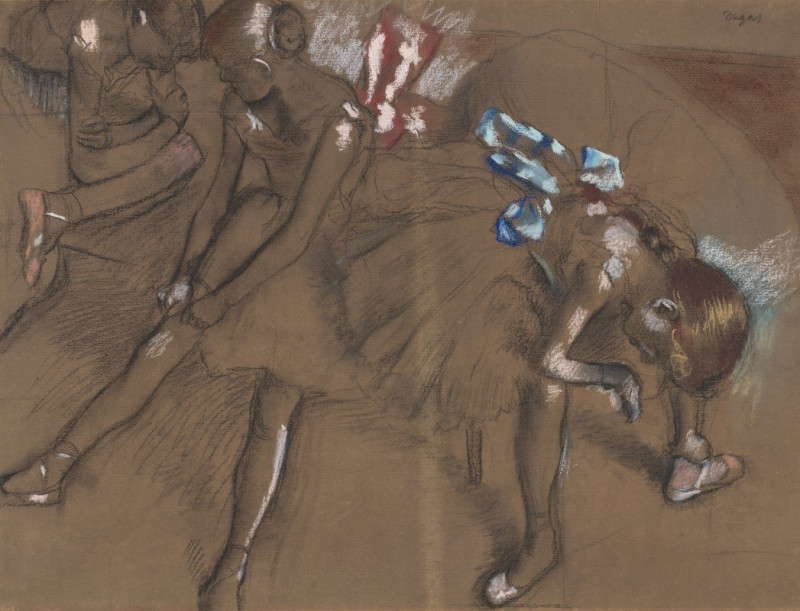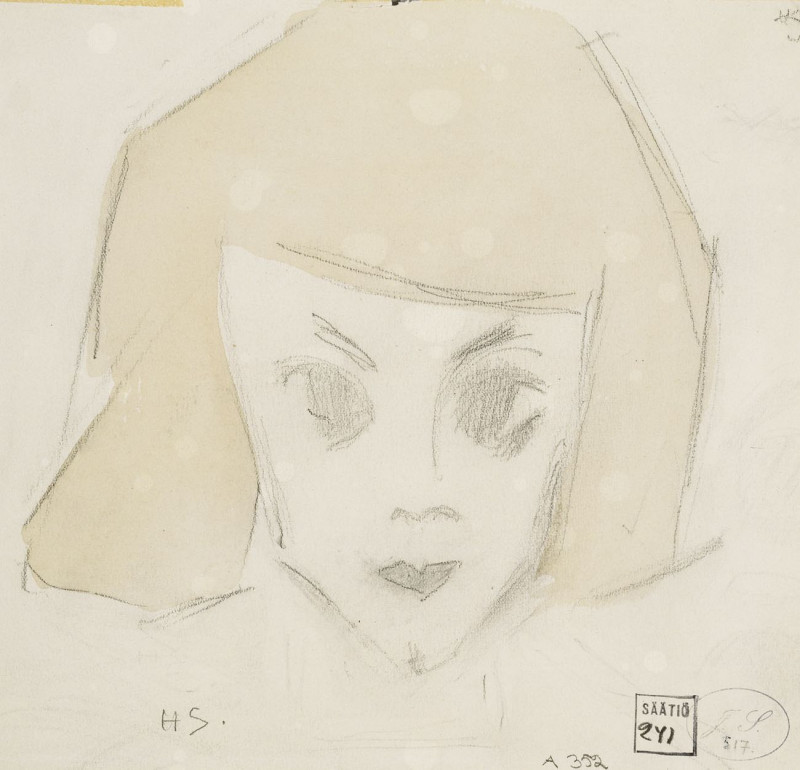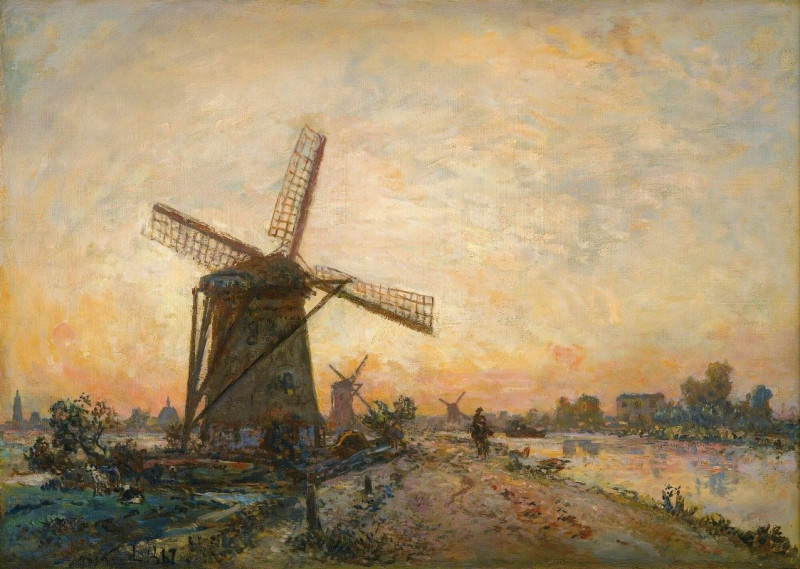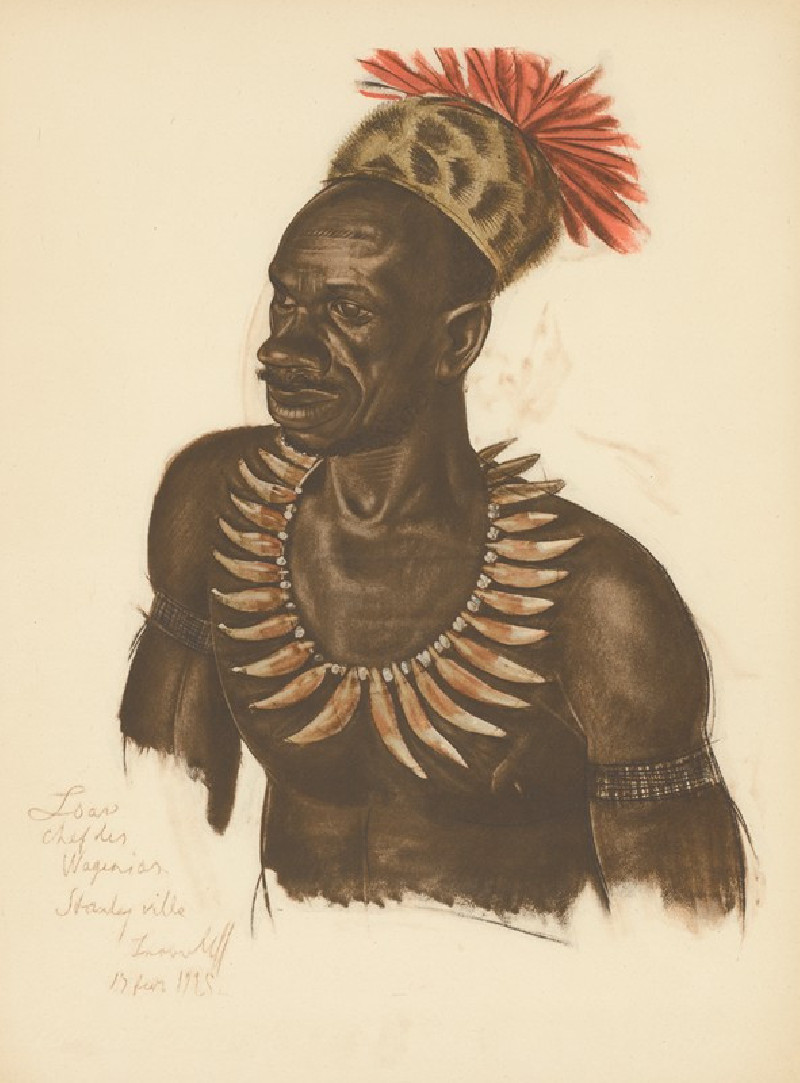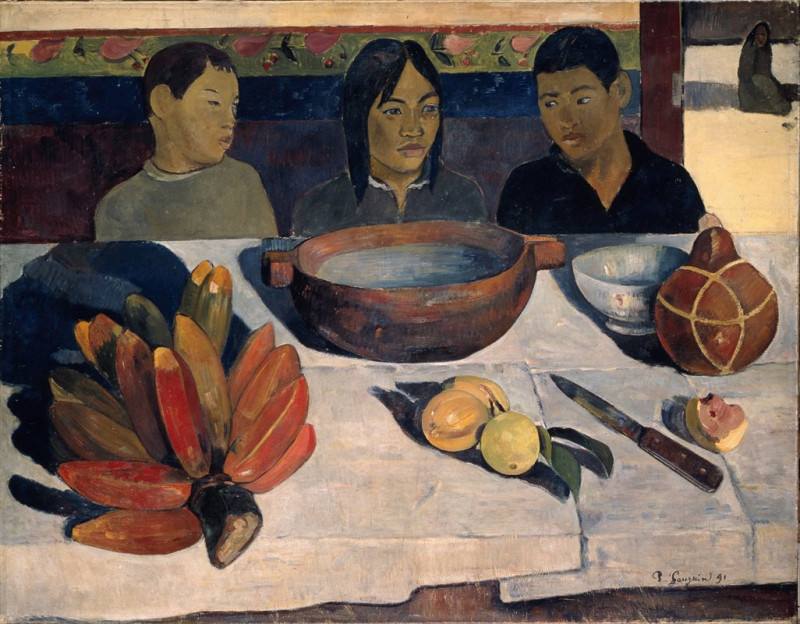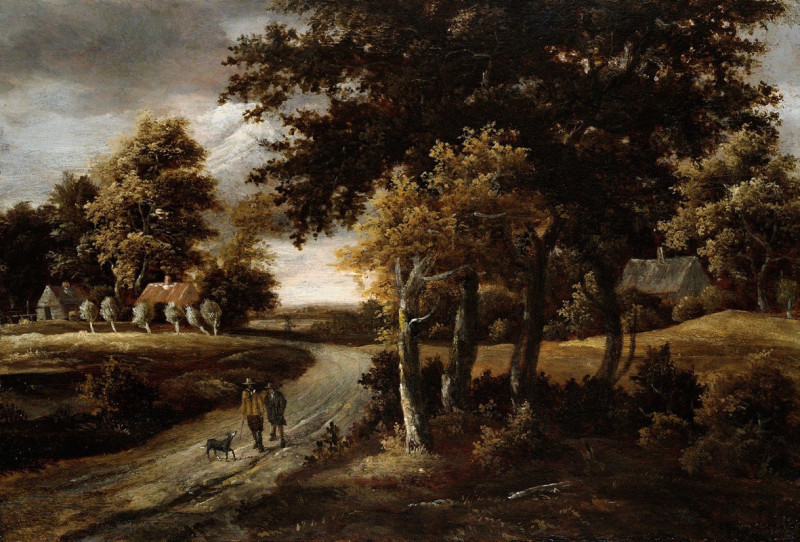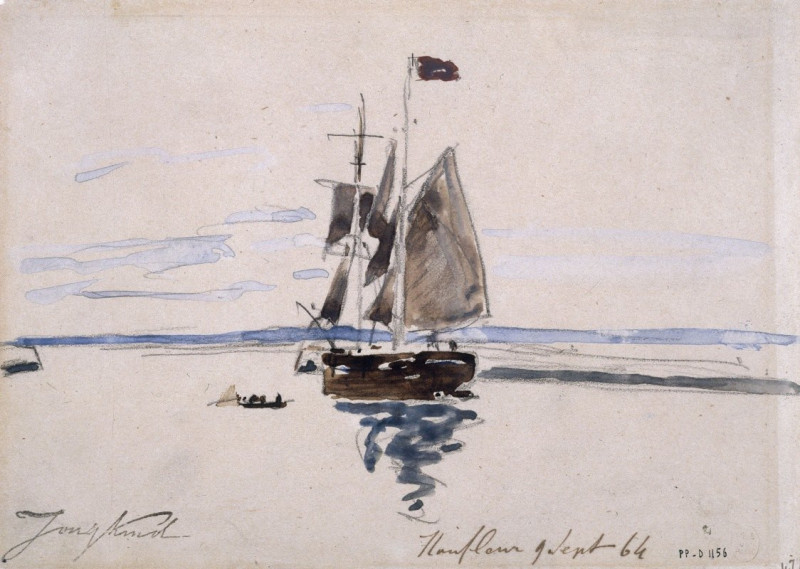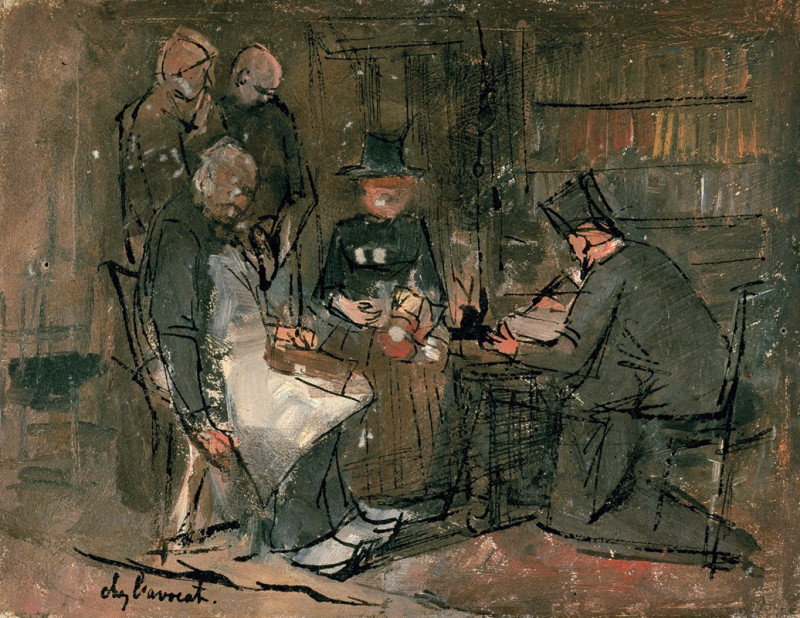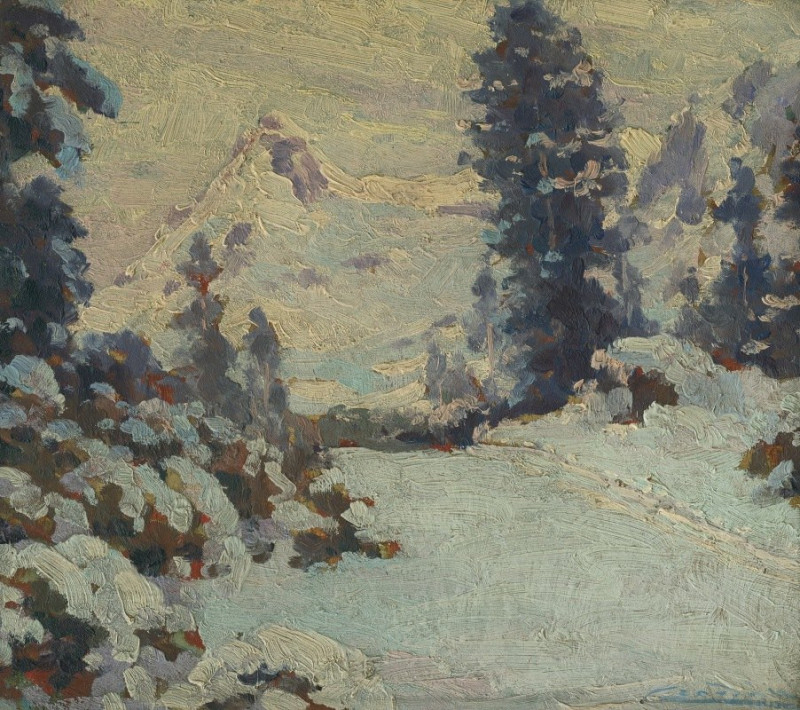Trouville, les jetées, marée basse (1885)
Technique: Giclée quality print
Recommended by our customers
More about this artwork
- Eugène BoudinThe enchanting artwork titled "Trouville, les jetées, marée basse" painted by Eugène Boudin in 1885 offers viewers a glimpse into the tranquil everyday life of a harbor at low tide. This painting captures the serene atmosphere of Trouville, a small fishing village in Normandy, France, which was a favored subject of the artist.In the foreground, the muddy shores exposed by the receding tide are detailed meticulously, while a few scattered vessels enhance the scene's authenticity and charm. Central to the composition is a large boat anchored near the jetty, its rigging detailed against the expansive sky. This vessel, alongside others in the background, is portrayed with precision, highlighting Boudin's skill in maritime art. The jetties themselves stretch out into the water, populated sparingly with figures that provide a sense of scale and liveliness to the otherwise calm seascape.Dominating the canvas, however, is Boudin’s portrayal of the sky—a vast expanse of moody grays and whites that mirrors the subtle tones of the sea below. His adept use of light and shadow, as well as his control of the palette, evoke the fleeting nature of the maritime climate, capturing a moment of calm between the changing tides and shifting weather.Eugène Boudin, known for his role in paving the way for the Impressionist movement, presents a masterful blend of realism and atmospheric impression in this work. His depictions of such mundane yet beautifully transient moments along the Normandy coast invite observers to pause and appreciate the quiet majesty of marine landscapes.
Delivery
Returns
Eugène Louis Boudin (12 July 1824 – 8 August 1898) was one of the first French landscape painters to paint outdoors. Boudin was a marine painter, and expert in the rendering of all that goes upon the sea and along its shores. His pastels, summary and economic, garnered the splendid eulogy of Baudelaire; and Corot called him the "King of the skies".

